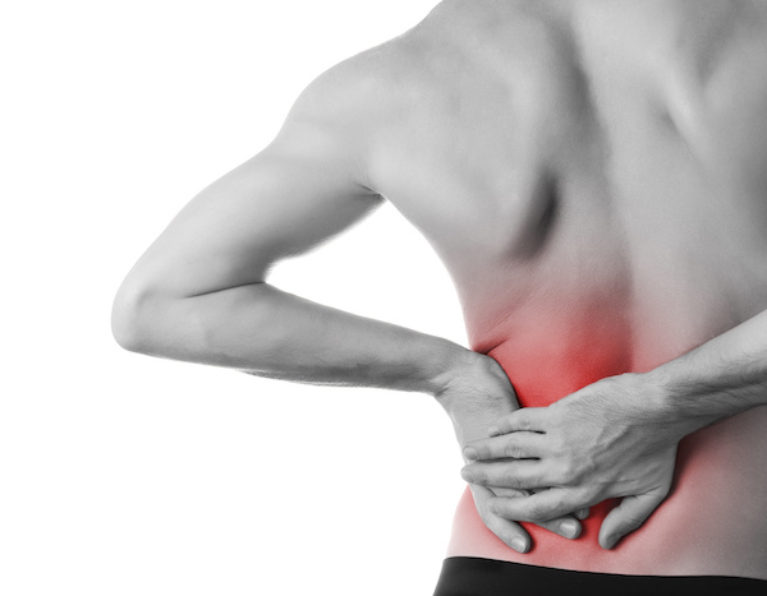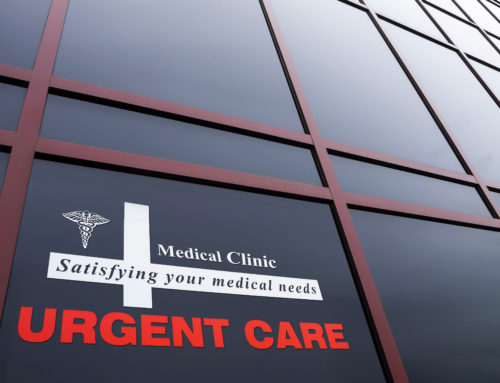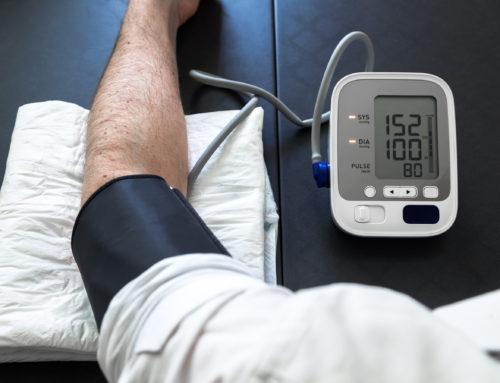Poor posture is common, especially for individuals who have a desk job and work on the computer all day. It’s easy to slouch or hunch over when sitting for long periods of time, although poor posture frequently occurs when standing too. Common or not, bad posture can have a number of significant adverse effects on an individual’s health. Here’s what you need to know about the costs of bad posture and how you can improve your health with proper posture.
Reduced Circulation
When you sit for extended periods of time with poor posture, you are preventing blood from flowing to your legs properly. This reduction in circulation can cause a number of problems, including an increase in the risk for blood clots and varicose veins.
Take Action: Get up and move around throughout the day at regular intervals. If you tend to forget, set a timer to remind you to move at least every half hour.
Tiredness
Fighting fatigue on the job is something that everyone has to do at one time or another. If you’re frequently tired at work, it may not be because you didn’t get enough sleep or are still waiting for the morning’s caffeine to hit your system. Poor posture can actually cause fatigue or exacerbate already existing fatigue. This is because you are putting weight on parts of your body that weren’t designed to withstand it, and it requires more energy to compensate for bad posture when sitting, standing and walking.
Take Action: Try to maintain good posture during your daily activities, especially when you feel very tired. You may notice that sitting up straight improves your mental alertness or helps you to focus better throughout the day.
TMJ
TMJ, or temporomandibular joint disorder, is a very painful jaw condition that can be caused by poor posture of the neck. If you have “text neck”, where you’re frequently looking down with your chin at less than a 90-degree angle, you may notice that your jaw starts to hurt. This is because the bones and muscles in your jaw are misaligned, causing an improper bite. If you have TMJ, you may notice that you have pain when chewing, or that your jaw cracks, pops, or locks when you open and close your mouth.
Take Action: Keep your chin and neck at a 90-degree angle as much as possible. Elevate your computer monitor if needed so you are looking directly ahead instead of down. Avoid using mobile devices, especially if you are experiencing jaw pain.
Reduced Breath Quality
How you sit and stand is critical to how well you breathe. When you slouch, it compresses your diaphragm, which is the muscle that you use to inhale and exhale. When your diaphragm is compressed, you tend to take shallow breaths versus normal breathing, which can reduce the amount of oxygen that goes to your brain and other vital organs. This can cause fatigue in the short term, and over time, may lead to other respiratory problems.
Take Action: Sit or stand with your back straight and your shoulders pulled back. Lengthen your torso and breathe deeply to bring lots of oxygen into your lungs.
Tension Headaches
Misalignment of the neck can also cause a certain type of headache called a tension headache. This headache occurs when the muscles of the neck and jaw are tight and can radiate up the back of the head and circle around the head like a halo. Tension headaches aren’t usually as severe as migraines, but they can last a lot longer. It’s not uncommon for this dull, aching pain to last several days or more.
Take Action: Look straight ahead as much as possible, especially during extended activities like walking or using the computer. Avoid looking down when you can, and use heat and over-the-counter pain relievers as needed to treat existing pain.
Many of the ailments that plague the average person today can be linked back to poor posture. By improving your posture, you can naturally improve your health and wellness in many different ways. As always, if you have significant fatigue, headaches, or pain that does not go away, consult your physician. Dr. Edward Mallory has over 25 years of experience in emergency medicine. For more information, call today at 813-997-1241.




























